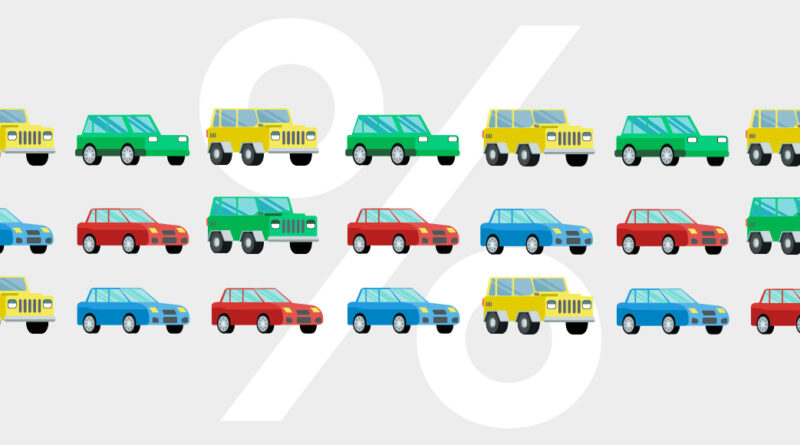Understanding Car Depreciation What You Need to Know
Car depreciation is a crucial concept for anyone looking to buy, sell, or trade in a vehicle. Understanding how depreciation works can help you make informed decisions about your car purchase and ownership. In this article, we’ll explore what car depreciation is, the factors that influence it, and how you can minimize its impact on your investment.
What is Car Depreciation?
Car depreciation refers to the decrease in a vehicle’s value over time. The moment you drive a new car off the lot, it begins to lose value. This loss in value continues throughout the car’s life, affecting both new and used vehicles. Depreciation is a natural process resulting from wear and tear, technological advancements, and market demand. Understand cars value.
Factors Influencing Car Depreciation
- Age: New cars depreciate faster than older ones. The first few years of a car’s life see the most significant drop in value. On average, a new car loses about 20-30% of its value in the first year alone. How to calculate depreciation.
- Mileage: The more miles a car has on the odometer, the less it is worth. High mileage indicates extensive use, which can lead to more wear and tear.
- Condition: A well-maintained car will depreciate slower than one that has visible wear, damage, or mechanical issues. Regular maintenance and keeping the car clean can help retain its value.
- Make and Model: Some brands and models hold their value better than others. Luxury cars, sports cars, and certain high-demand brands tend to depreciate less than mass-market vehicles.
- Market Demand: Market trends and consumer preferences can significantly impact depreciation. For example, SUVs and trucks have been in high demand in recent years, leading to slower depreciation rates compared to sedans.
- Fuel Economy: With increasing focus on fuel efficiency and environmental impact, cars with better fuel economy tend to depreciate slower.
- Technological Features: Cars with the latest technology and safety features may hold their value better. However, rapid advancements can also render older models outdated quickly.
- Economic Conditions: Economic factors, such as inflation rates, fuel prices, and overall economic stability, can influence car depreciation rates.
How to Minimize Car Depreciation
- Buy Used: Purchasing a used car that is a few years old can save you from the steepest depreciation hit that occurs in the first few years of a new car’s life.
- Choose Wisely: Research and choose makes and models known for retaining their value. Brands with strong reputations for reliability and durability often depreciate slower.
- Maintain Your Car: Regular maintenance, timely repairs, and keeping the car clean both inside and out can help maintain its value. Keep detailed service records as proof of maintenance.
- Limit Mileage: Consider alternative transportation options for long trips to keep your car’s mileage low. The fewer miles on the odometer, the slower the depreciation. Unless you purchase vehicle as for purpose as collector and resell with appreciation would only apply to specific rare cars or you have business to buy and hold. For rest don’t bother as every used car depreciates unless economical situations plays a game like COVID.
- Consider Leasing: Leasing a car means you only pay for the depreciation that occurs during the lease term. This can be an attractive option if you prefer driving newer cars and want to avoid the hassle of selling a depreciated vehicle.
- Stay Current with Technology: Cars with up-to-date technology and safety features tend to hold their value better. If possible, opt for models with advanced features that are likely to remain relevant for several years.
Understanding Depreciation Rates
Depreciation rates can vary widely depending on the factors mentioned above. On average, here’s a rough estimate of how much a new car depreciates:
- Year 1: 20-30%
- Years 2-3: 15-20% per year
- Years 4-5: 10-15% per year
- After 5 Years: 40-60% of the car’s original value
Conclusion
Car depreciation is an inevitable part of vehicle ownership, but understanding how it works can help you make smarter decisions. By choosing the right car, maintaining it well, and considering factors like mileage and market demand, you can minimize the impact of depreciation on your investment. Whether you’re buying, selling, or trading in a car, being aware of depreciation can help you maximize your financial outcomes and make the most of your automotive investments. How to lower car prices globally.

